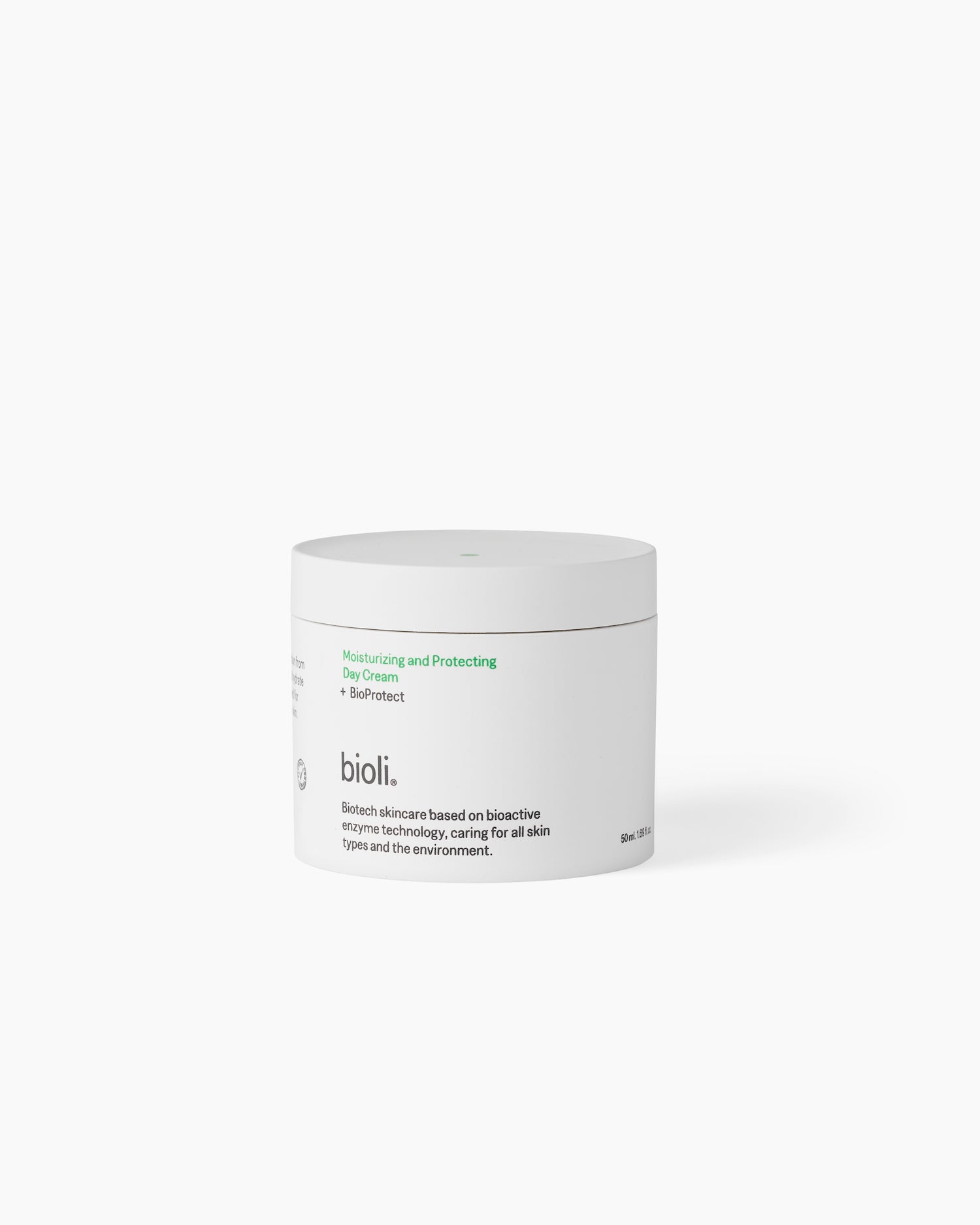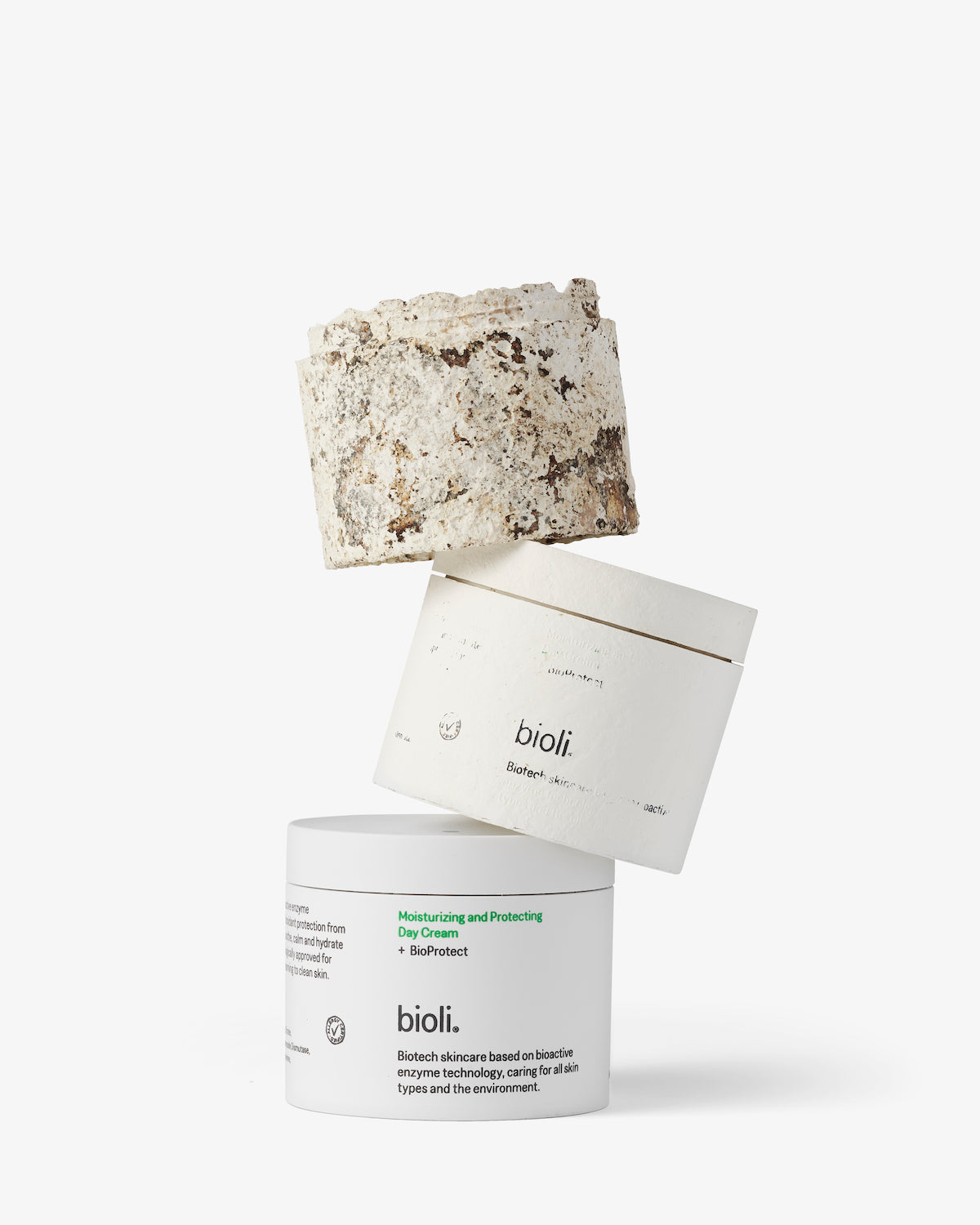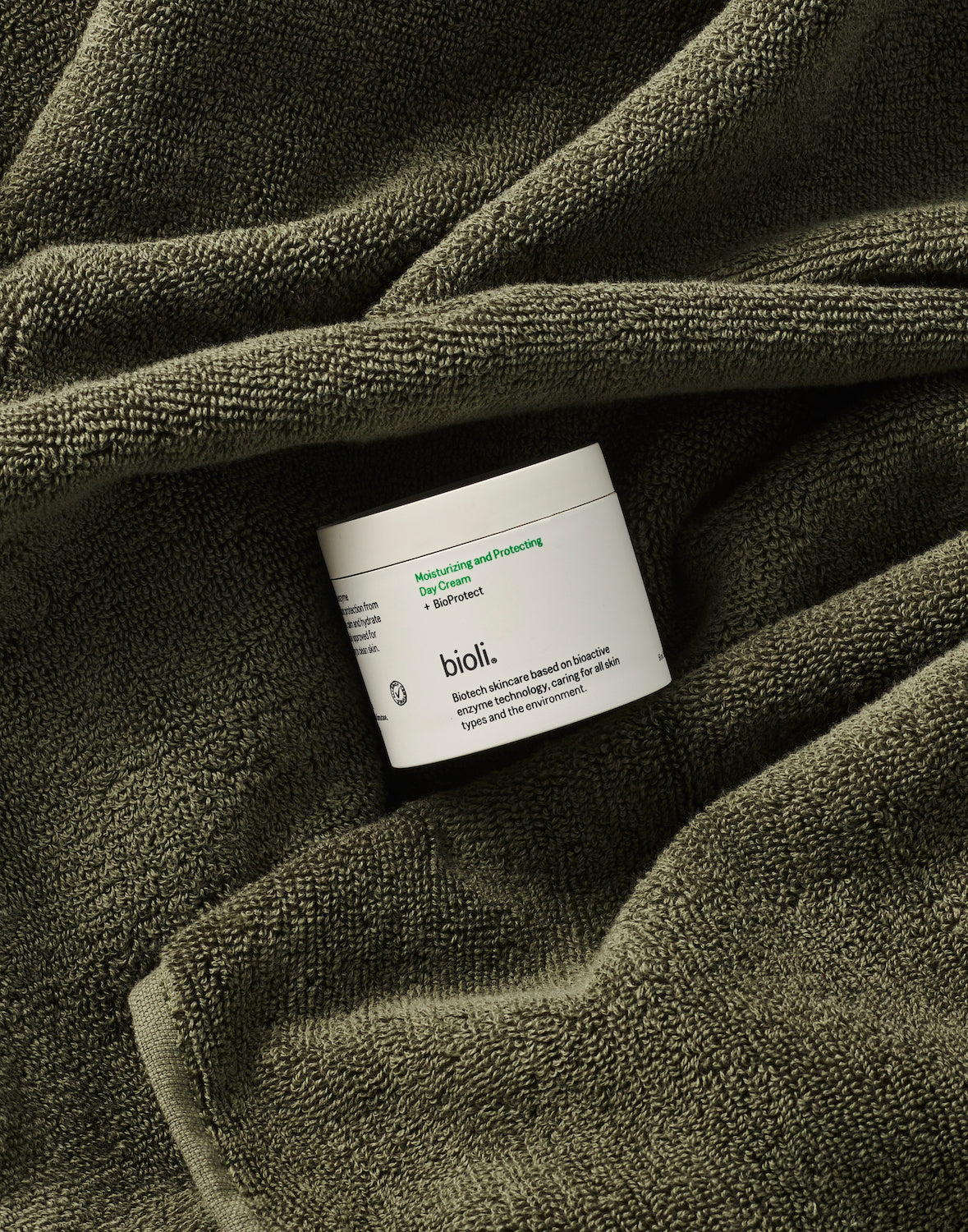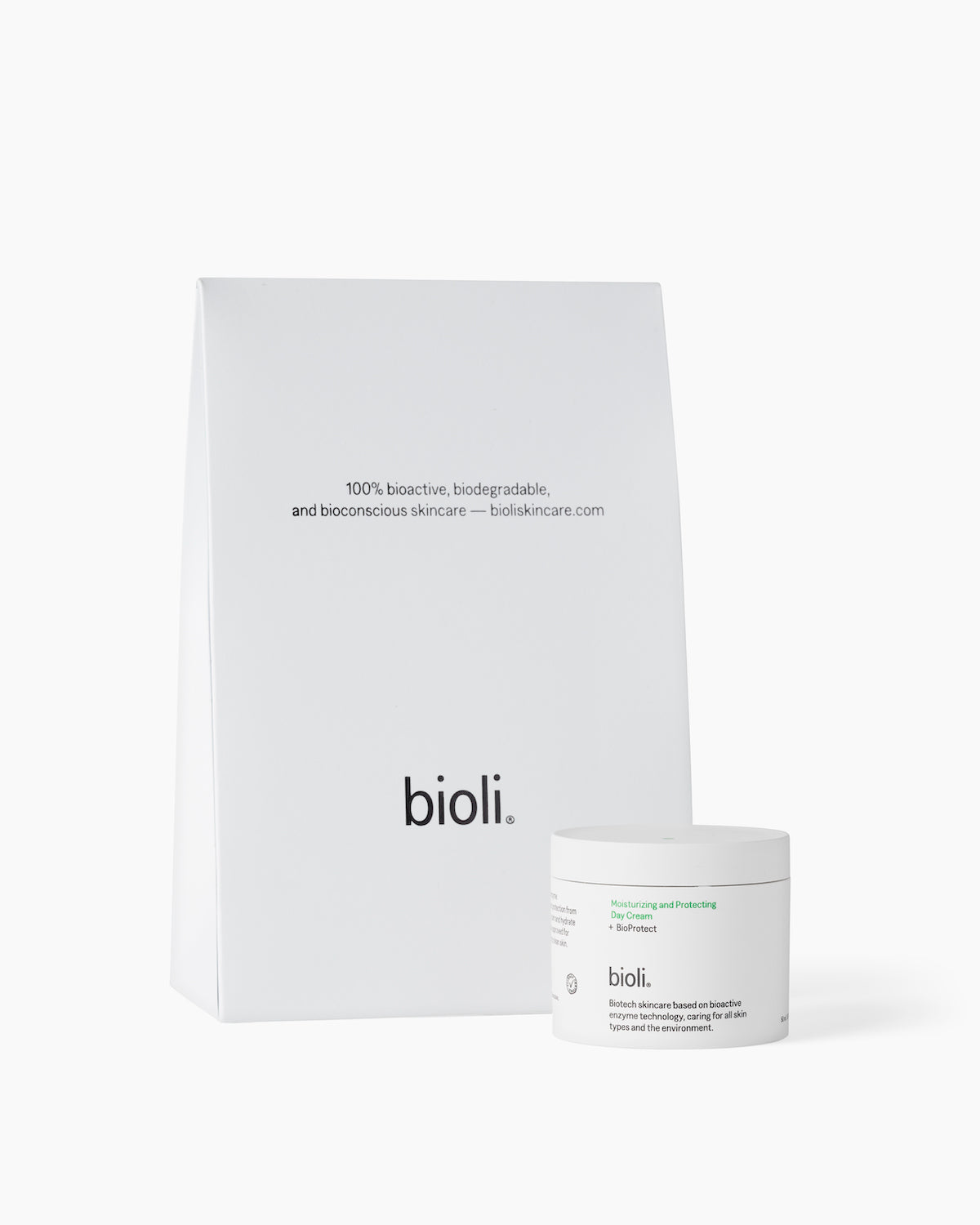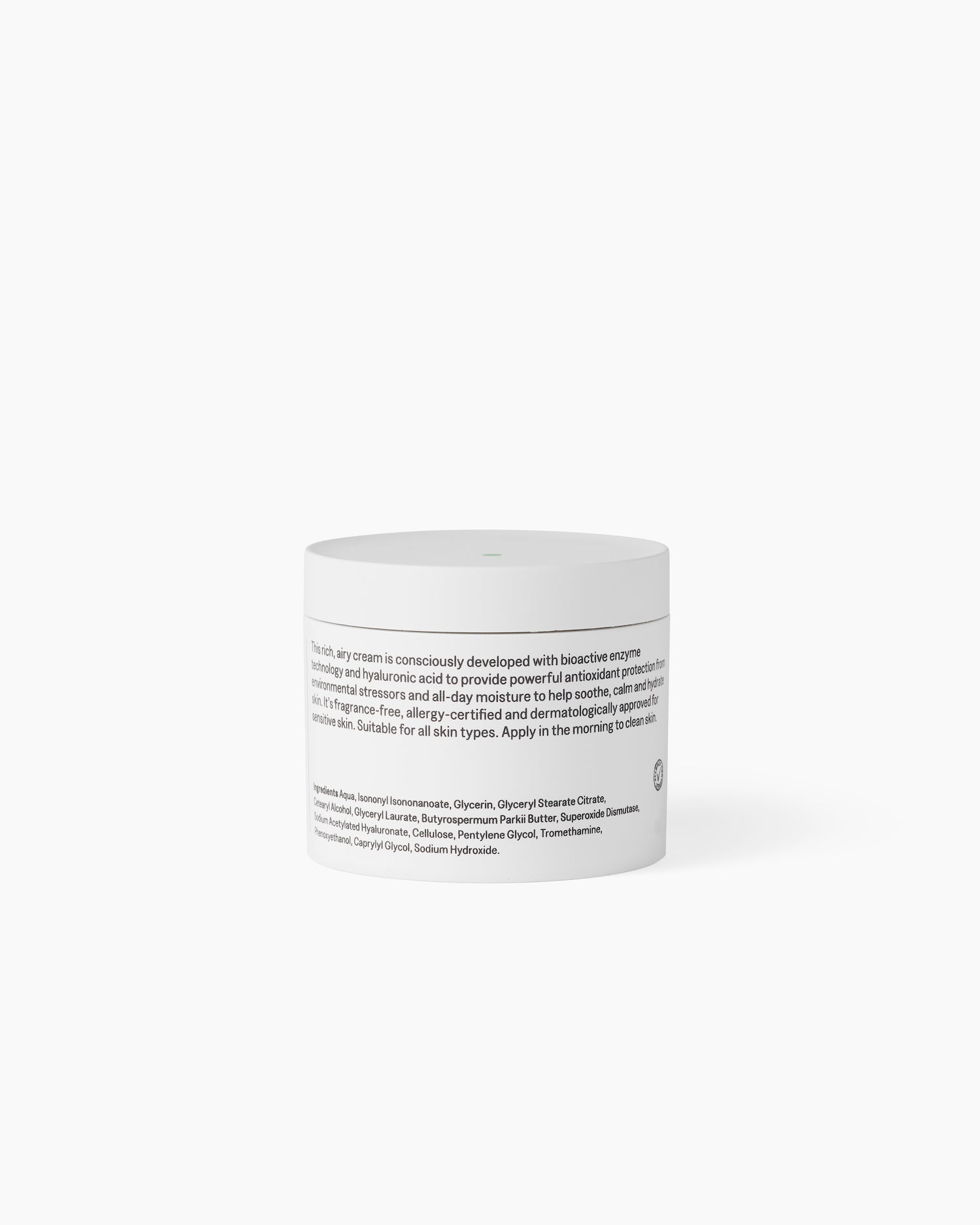Protection is more urgent than ever
Rising pollution, intense UV exposure, and daily stress are taking a toll on skin health worldwide. The statistics are alarming:
- 60–70% of people report having sensitive skin
- Up to 25% experience chronic inflammatory diseases like psoriasis, rosacea, or eczema
- Inflammatory conditions represent the largest class of chronic skin disease
- 90% of skin cancer cases are linked to sun damage, with rates on the rise
This numbers highlights the need for immediate effective and sustainable solutions.
The power of antioxidants
Antioxidants work by fighting oxidative stress, which occurs when free radicals (unstable molecules) outnumber the body's ability to neutralize them. This imbalance leads to cell damage, contributing to issues like skin inflammation, changes in melanin production, triggering dark spots, sagging skin, and, ultimately skin diseases.
By neutralizing free radicals, antioxidants provide a wide range of benefits for your skin. Here’s what they offer:
- Supporting skin health: Antioxidants protect skin cells from damage, helping maintain a healthy, vibrant complexion.
- Calming inflammation: Antioxidants help reduce redness and irritation, promoting a more even skin tone and improving overall comfort
- Enhancing sun protection: While not a substitute for sunscreen, antioxidants support UV defense, providing an extra layer of protection against sun damage. For more insights on how incorporating antioxidants into your skincare routine can offer added protection, read this article
For more insights on free radicals, what they are and how they affect our skin, see this article.
With antioxidants playing a vital role in skin protection, it's important to consider the various options available.
Antioxidants: Benefits and limitations
Each type of antioxidant offers benefits but comes with trade-offs:
| Antioxidants | Pros | Cons |
| Ascorbic acid (vitamin C), Tocopherol (vitamin E) | Proven to reduce oxidative stress and improve skin health. |
- Often require high doses (5–15%) to work effectively, which can irritate sensitive skin and increase their environmental footprint. - Often too harsh for sensitive skin. |
| Plant-based (e.g., Green tea extract, Pomegranate) | Widely available and beneficial for many skin types. |
- Some plant extracts can trigger allergies and skin sensitivity. Green tea is for instance considered as fragrance and it is classified as H317, meaning it can cause allergic reactions when it comes into contact with the skin. - Large-scale production of these ingredients often competes with farmland for food crops, raising sustainability concerns. |
| Vitamin A | Promotes cell turnover, and although it’s not a direct antioxidant but exhibit antioxidant properties it improves skin texture, and reduces signs of aging. | Can be extremely harsh, causing dryness, redness, and peeling, especially for sensitive skin. |
| Biotech and Enzyme technology-based Antioxidants (Superoxide Dismutase (SOD), Peroxidase) |
- Specifically targets the damaging free radicals linked to oxidative stress. - Effective at low concentrations (0.1–1%), reducing environmental impact. - Created using biotechnology, eliminating the need for farmland and extensive resources. |
Efficacy depends on formulation composition, due to enzyme sensitivity to environmental factors, making it crucial to add ingredients supporting enzyme stability. |
Source: Bioli 2024, based on literature research.
Why SOD is promising
Superoxide Dismutase (SOD) is an enzyme-based antioxidant created through biotechnology.
SOD stands apart from other antioxidants due to its combination of potency, gentleness, and sustainability:
- Sensitive-skin safe: SOD works in a targeted manner, making it ideal for sensitive skin
- More sustainable: Lab-produced SOD requires fewer resources and emits less CO₂ than plant-based antioxidants and vitamin C
- Effective: Unlike high-dose vitamins or plant extracts, SOD works at low concentrations. It delivers protection even at concentrations as low as 0.1%, reducing the overall environmental footprint of the product
To ensure you’re getting the full benefits, look for SOD-based products backed by solid research and clinical testing.
Next time you're looking for skincare, consider SOD as a powerful, sustainable choice. Want more tips on how to decode skincare labels? Check out our guide to Unfolding the Ingredients Label.


